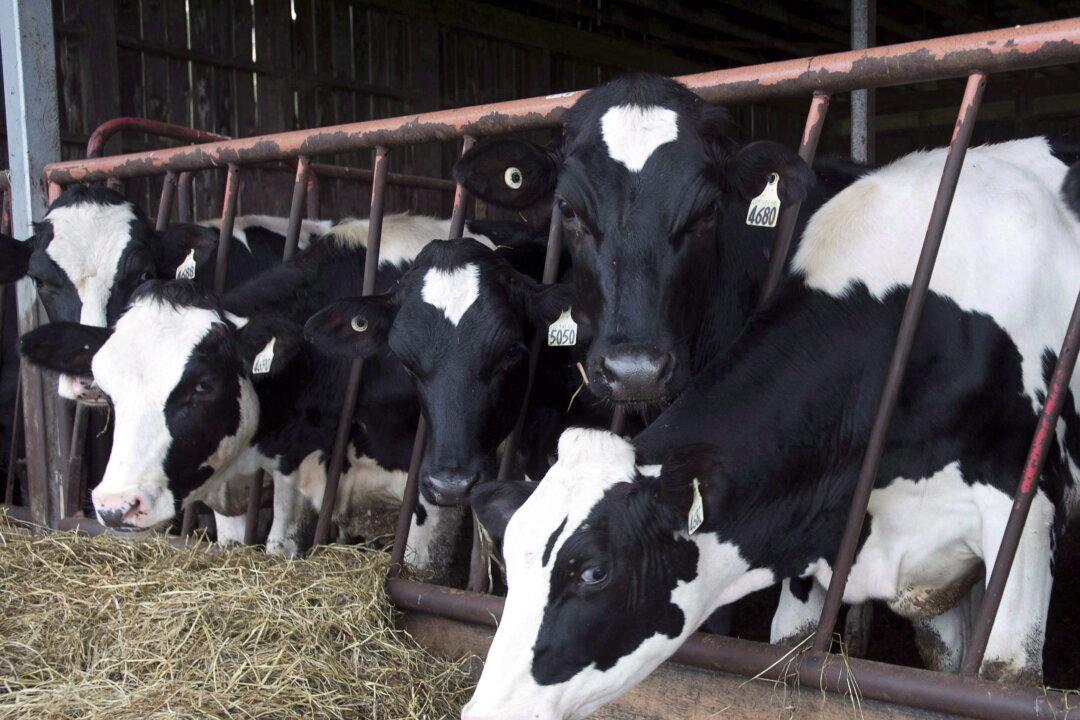Amid the spread of avian flu in U.S. dairy cattle, the Canadian Food Inspection Agency (CFIA) has announced the results of its proactive monitoring of dairy products in Canada, indicating that “commercially sold milk and milk products remain safe to consume.”
All milk sold in Canada must be pasteurized, a process that kills harmful bacteria and viruses, including the highly pathogenic avian influenza (HPAI) spreading in the United States, the agency added in a June 18 press release.





